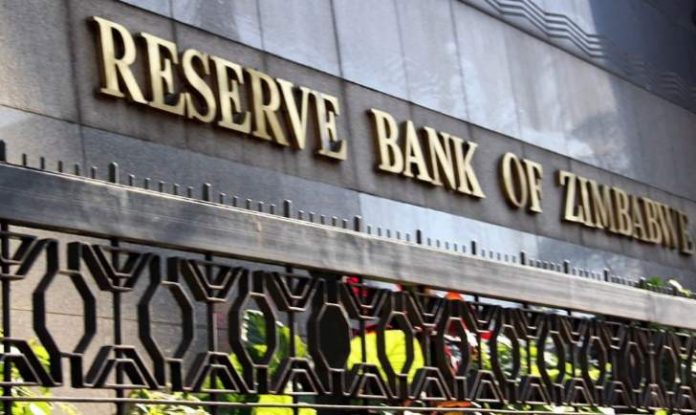Farai Mabeza
Fiscal and monetary authorities must not interfere with the newly introduced foreign currency auction system to make it credible and to eliminate inefficiencies that could result in its collapse, industry lobby group, the Confederation of Zimbabwe Industries, has said.
In a policy response paper to the new foreign currency trading measures CZI emphasised that lessons should be drawn from the collapse of a similar system in 2004 which was conducted under the then central bank governor, Gideon Gono, to avoid failing again.
“The auction system was tried in 2004-2005 and failed. We know why it failed, but will we learn from history and avoid the same mistakes. As we all know the key success factors are: 1. Allow the auction to be a true auction 2. Maintain ironclad fiscal and monetary discipline.”
The introduction of the auction system to replace the fixed exchange rate regime offers an opportunity for the stabilisation of the Zimbabwe dollar and the elimination of the major macroeconomic distortion in the economy – namely the exchange rate.
“For the auction to work and to influence the price of foreign exchange across the economy it must be perceived to be credible. We know that the auction market in 2004 degenerated into an allocation system, not an auction”.
“Interference with the market mechanism and monetary indiscipline lead to inefficiencies that will cause the total collapse of the auction system as well as failure to defend the local currency.”
In order for the auction to enjoy political support the market exchange rate, once discovered, must remain stable.
“Perhaps the most important thing is to ensure that indeed the highest bidder wins and this may be complemented by a small independent team of observers at each auction to validate auction results,” CZI said.
The absence of a formal foreign exchange market had worsened access to foreign currency for business, in addition to fueling the foreign exchange parallel market. High unemployment, low production and productivity levels, and the currency crisis had almost eliminated any recovery prospects of the economy.
In addition to an inconsistent policy environment, the doing business environment has been worsened by COVID-19 which has led to a collapse of demand, supply chain disruptions in source and destination markets, unemployment, debt accumulation, working capital difficulties, and loss of livelihoods for many
The monetary authorities introduced the Foreign Exchange Auction Trading System which came into effect on 23 June 2020. The policy was adopted to foster transparency and efficiency in the allocation of foreign currency resources.
A weighted average rate will be calculated based on allotments, and the average rate will be used as the market exchange rate until a new weighted average rate is determined at a subsequent auction.
The major advantage of an auction market over a dealer market is that an auction market is far more difficult to manipulate than a dealer market. In a dealer market the dealer can set the price without having transacted a single dollar. In an auction market actual transactions set the price.
Bringing exporters into the auction and allowing them to place their money and set their reserve price will increase supply of forex to the auction,” CZI said.
At the moment the market believes inflation will keep on rising and CZI believes that government should take advantage of this and raise funding by offering inflation linked bonds.
“The market will pay a premium for such bonds because they believe that inflation will keep rising. These bonds will also send a strong signal to the market that the fiscal authorities are committed to stabilization.
“Using such bonds to fund government expenditure then provides the authorities flexibility to raise interest rates aggressively and kill inflation”.
Inflation linked bonds can also be used by businesses to finance their operations in a high interest rate environment.
Government recently announced a USD COVID-19 allowance for civil servants something which CZI says sends a signal that the authorities are on a path of re-dollarisation.
“The key question we must ask ourselves is what policy measure can we put in place to protect the Reserve Bank from pressure to create electronic “US dollars” such as has happened in the past?”
“If we fail to devise effective mechanisms to protect the Reserve Bank from fiscal pressure to create electronic US dollars to meet civil servants pay, we may end up with an even worse situation than we currently have with the three currency system, real US dollars, electronic local US dollars and local currency.
“We all know this will be a political and economic disaster, and we need to help each other to develop mutually agreed safeguards to prevent this from happening.”
CZI said it was within the power of fiscal and monetary authorities to kill inflation by exercising fiscal and monetary discipline so that the auction will not follow the route of the 2004 auction.












